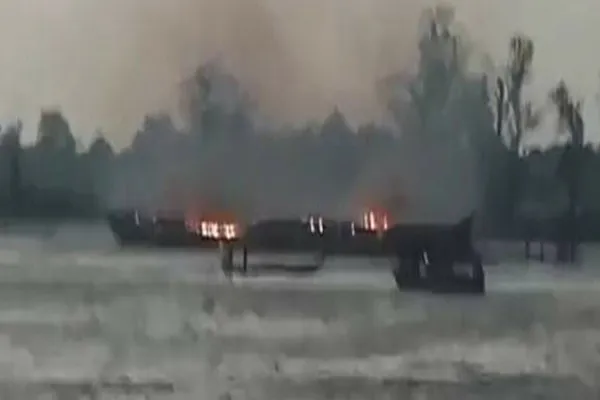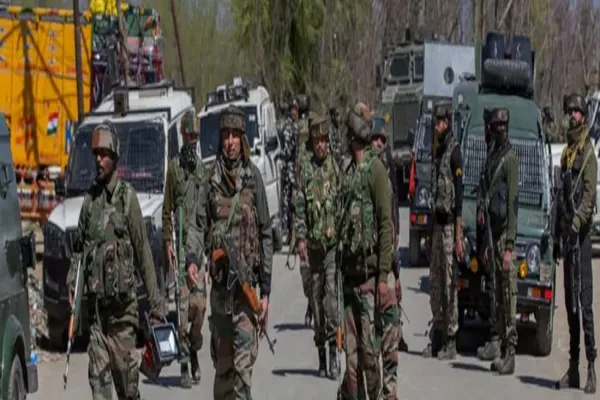i NEWS INTERNATIONAL
It has been a confusing and nerve-wracking morning for people living in northern Japan. At 07:50, air raid alarms went off across Miyagi and Yamagata prefectures and TV programs were interrupted to tell people to take shelter. The Japanese coast guard said a missile fired from North Korea was heading over Japan. North Korean missiles have crossed Japan before - one did last month - but never this far south. But the missile that was launched this morning never made it into Japanese airspace. According to South Korean military sources it failed mid-flight and fell back to earth, splashing down in the Sea of Japan. So, everyone please calm down and go back to your morning coffee. Well, no. First, firing ballistic missiles towards your neighbours without warning, leaving them to guess where the missile will come down, is not normal behaviour.
It is extremely provocative and dangerous, and completely outside the norms of international behaviour. It is a threat to aircraft and shipping. If the missiles break up it can rain debris on those below. Second, this comes a day after a record number of missiles were launched from North Korea into seas off the coast of South Korea. It also comes just days before crucial US mid-term elections - and Mr Kim will be hoping that showing off his military capabilities will focus minds in the US capital. North Korea is deliberately ramping up tensions with its neighbours. Analysts think it is building to something bigger, such as a nuclear test, or a full long-range ballistic missile test out in to the pacific, or both.
There is a political objective to all this noise. It a pattern Pyongyang used in 2010 and again in 2017. First, ramp up tensions to a frightening level, then call for engagement and concessions from South Korea, Japan and the United States. Pyongyang is almost certainly doing the same again now. After the missile is launched in to space the warhead separates and comes back towards earth in a re-entry vehicle. This must be able to withstand the enormous heat and pressure generated as it plunges through the atmosphere.
Credit: Independent News Pakistan-INP









